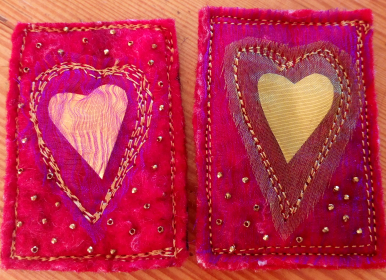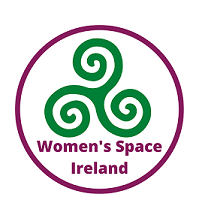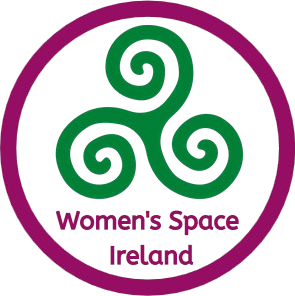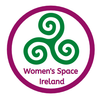Ireland's silent L
The definition of lesbian has become a subject of debate - with some claiming that lesbians are capable of attraction to males, whilst others acknowledge the nature of lesbianism - but claim it a problematic orientation that should be punished if not unlearned.

It is often said that the LGBT(QIAA+) community is more accepted than ever, and from an outside perspective it may well certainly be seen to be the case. In my own lifetime Ireland has seen fit as a nation to grant Lesbian and Gay people the right to marry, to adopt, and to theoretically live as we please without fear of harassment.
From the inside however, there is far more to be seen beneath the surface. Like many others straight and gay alike, I reached my own case of “peak trans” not all at once, but through a combination of smaller incidents and experiences. However, when it comes to the issue of homosexual suppression in these communities, it is often best highlighted through the everyday subtleties that build up over time. In my case, it was at the age of fifteen when I decided it was time to seek community.
Growing up as a young lesbian I wished for a sense of belonging, I wanted role models and a knowledge of the history of those like me, and growing up in the age of the internet, social media was the place to find it. What I found was a flurry of pages across platforms, “Lesbian solidarity”, “Lesbian history”, pages dedicated to jokes and memes and historical figures. What I found there was the same. Page after page of transgender stories, transgender history, links to sites with advice for dealing with dysphoria and transition. At the time I had no issue with the dissemination of this information but wondered why it was that pages meant for Lesbians and Gay people were the locations chosen for such a high concentration of it. Without fail every comment section would gradually fill with more gender id related content, and anyone to ask for more Lesbian material or question anything was immediately dogpiled.


This pattern can be seen across the board, in the last ten years the focus of LGBT groups has teetered more and more in favour of gender identity issues and away from those of same sex attracted people, and this is strongly reflected in the increase of referrals of children and teenagers to gender identity clinics.

In my years of community involvement, I have met less self-professed lesbian women in real life than I could count on both hands. I have however encountered countless (exclusively same sex attracted) trans men, nonbinary and genderfluid people, “people who menstruate”, and self-identified “queers”.
I have experienced what is now the norm: you go to an event, perhaps a party, perhaps at a work event. It is held by the socially aware and politically up to date liberal kinds you find yourself needing to associate to live your life mostly unbothered as a Lesbian woman. You arrive and are politely asked for your pronouns. Your partner or co-workers or associates are not. This talk of pronouns is framed as the new normal in gay circles, and a hopeful aspiration for the general community. To make trans people more comfortable and afford the rest of us the opportunity to express any gender doubts with ease. But there is one thing in my experiences I cannot help but notice, it is never the heterosexual-passing person who is grilled on their identity as the butch lesbian or feminine gay man is.
Being a lesbian is unsightly, out of vogue - why would you be a lesbian? Its exclusionary, closed-minded, unenlightened. All of these are regular sentiments in the “community". In the same vein, the very definition of lesbian has become a subject of debate - with some claiming that lesbians are capable of attraction to males, whilst others acknowledge the nature of lesbianism - but claim it a problematic orientation that should be punished if not unlearned. There are countless archives of these claims and opinions online by people both in and outside of the “community”.
I worry for those coming out as time wears on in this environment. We are a community divided, one silent letter amongst many others framing the T. Young lesbians are entering a world that would have you believe that being a lesbian is just fine so long as you’re also attracted to men, and you really should consider a more inclusive label. And you should be understanding if your orientation makes other people uncomfortable, and understand that you can and should eventually unlearn your “genital fetish”, and that really if you think of it logically you’d be much happier if you dressed a little more feminine and considered dating men.
As we sink more and more into gender identity politics, and our country further idolizes the British system of adhering to the suggestions and purported facts of transgender organizations as much as humanly possible, we are going to keep going down this road and see it through to the end. An end where Lesbians are seen as somewhere between an endangered species and a hate group.
For now we live in a world where Lesbians are veering away from identifying with their orientation in favour of more favourable identities, and all for nothing practical. For all of her up to date modern gender theory, Ireland’s silent L remains as she has always been, one walk down the wrong street arm and arm with her partner away from danger.


